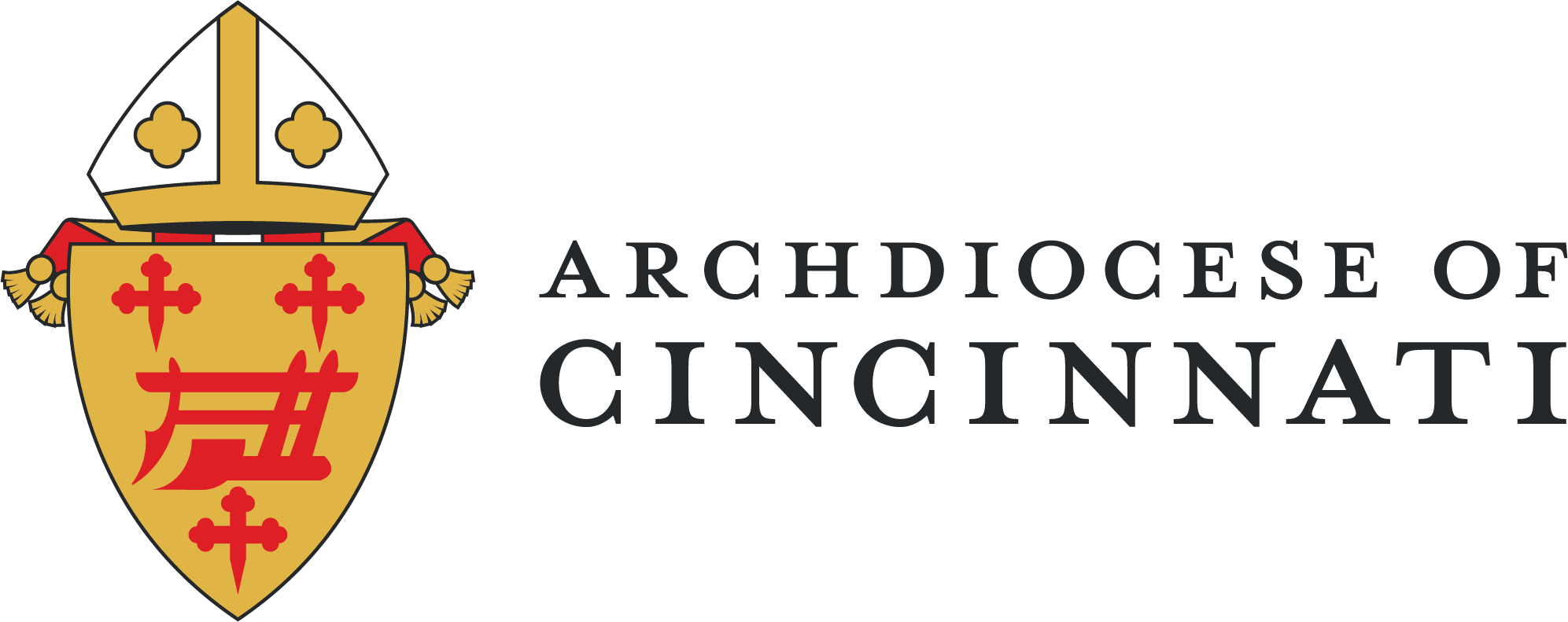 My father passed away from cancer in October of 2018. He actually called a family meeting months earlier, to discuss the pros and cons of whether to start chemotherapy treatment, and what other issues might look like at the end of his life. The whole family was on board with his decisions.
My father passed away from cancer in October of 2018. He actually called a family meeting months earlier, to discuss the pros and cons of whether to start chemotherapy treatment, and what other issues might look like at the end of his life. The whole family was on board with his decisions.
My father-in-law passed away in March 2019. He was quite ill with several issues for years, and even lived with us off and on for the last five years of his life. Still, when my wife tried to broach the topic, he was unwilling to discuss healthcare decisions. At the end of his life, when difficult choices had to be made, he was not always mentally cogent, forcing my wife to make decisions without always knowing what he would want. These were some of the most difficult decisions my wife has ever had to make.
Yes, discussing your own death can be difficult, even with those we love. Still, having this conversation while you can, is one of the greatest gifts you can give your loved ones.
It is suffering enough to watch a loved one die. Why add to that suffering by passively forcing your loved ones to make difficult medical decisions without knowing your wishes? Even within the context of solid Catholic ethics, there can be many situations where treatment could be pursued or denied. Having those questions discussed in advance can avoid a whole added layer of suffering, and even some family conflict that may never heal.
In addition to having this discussion, it is important to appoint a healthcare power of attorney to make decisions on your behalf if you become unable to do it yourself. This should be someone who knows Catholic end-of-life teaching—or will consult someone who does—and knows best what you would want if you can no longer communicate. Deciding advance who this person is could also ease a lot of conflict among family members who may not always agree.
To learn more, I recommend a website put out by Greater Columbus Right to Life, found at faithfulattheendoflife.org. There you will find further explanations of Catholic teaching on end of life, as well as forms for you to use to prepare you or your loved ones for who should be making decisions in the event someone becomes unable to speak for themselves. Take some time to read through these tips and fill out the appropriate forms. This could be the best gift you give your family.

